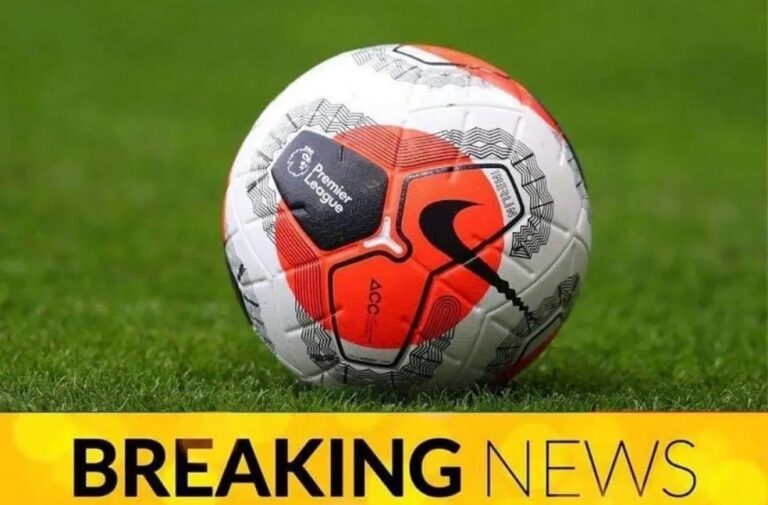Mikel Arteta is gearing up to make three notable changes to Arsenal’s traditional 4-2-3-1 setup ahead of their highly anticipated clash against Tottenham Hotspur.
These tactical adjustments have become necessary due to the unfortunate injuries sustained by two of Arsenal’s key players, Declan Rice and Martin Ødegaard.
Both players, integral to the team’s strategy, have been ruled out of the upcoming match, forcing Arteta to rethink his usual approach.
Declan Rice, who typically anchors the midfield in a defensive role, is a vital figure in both breaking up opposition attacks and transitioning the ball forward with composure.
His absence will leave a significant gap in Arsenal’s defensive stability, as he plays a crucial part in protecting the backline and initiating counter-attacks.
Arteta will need to find a replacement who can effectively fill this role, providing not only defensive coverage but also the ability to move the ball from deeper positions.
The manager will likely be searching for a player who can replicate Rice’s blend of physicality, tactical awareness, and ball progression, ensuring that Arsenal doesn’t lose control of the midfield battle.
In addition to Rice’s absence, Arsenal will also be without their captain, Martin Ødegaard, who is sidelined due to injury.
Ødegaard’s role in the team goes beyond his playmaking abilities; he is the creative heartbeat of the side, often dictating the tempo of the game and orchestrating attacks with his vision and passing range.
His absence will be particularly felt in the final third, as he regularly contributes to goal-scoring opportunities, either by providing assists or taking shots himself.
Moreover, as the team captain, Ødegaard’s leadership on the pitch will be missed, especially in a high-stakes match like the North London Derby.
Arteta will need to find a way to replace not only his creativity but also his influence in organizing the team’s pressing and attacking structure.
With these two influential players unavailable, Arteta’s adjustments are expected to focus primarily on the midfield, which will have to be restructured to compensate for the loss of Rice and Ødegaard.
The absence of Rice could prompt the manager to bring in a more defensive-minded midfielder to shore up the team’s defense, while Ødegaard’s creative role might be distributed among other attacking players, possibly leading to a more fluid or dynamic approach in the final third.
These changes will likely affect Arsenal’s overall approach in both attacking and defensive transitions.
Without Rice, the team may find it more challenging to regain possession quickly, potentially leaving them vulnerable during defensive transitions.
Meanwhile, without Ødegaard’s creativity, Arsenal might struggle to maintain their usual fluidity and sharpness in attack, forcing Arteta to look for alternative ways to create goal-scoring opportunities.
Overall, these tactical adjustments are crucial as Arteta seeks to ensure that the team can still perform at a high level despite the loss of two of their most pivotal players.
The match against Tottenham is a critical one, and how Arteta manages these changes could have a significant impact on the outcome of the game.
Fans will be eager to see how the team adapts to these challenges and whether Arsenal can maintain their strong form even without Rice and Ødegaard on the pitch.
